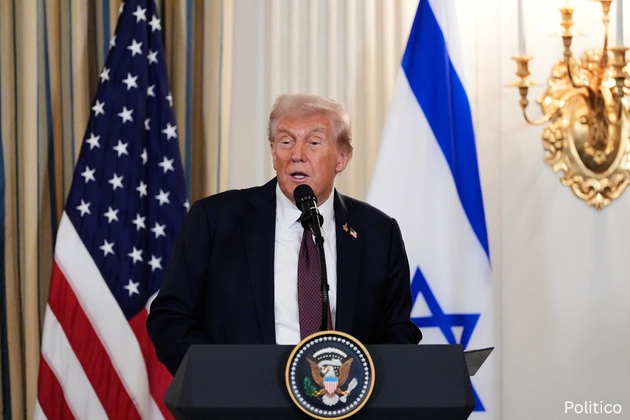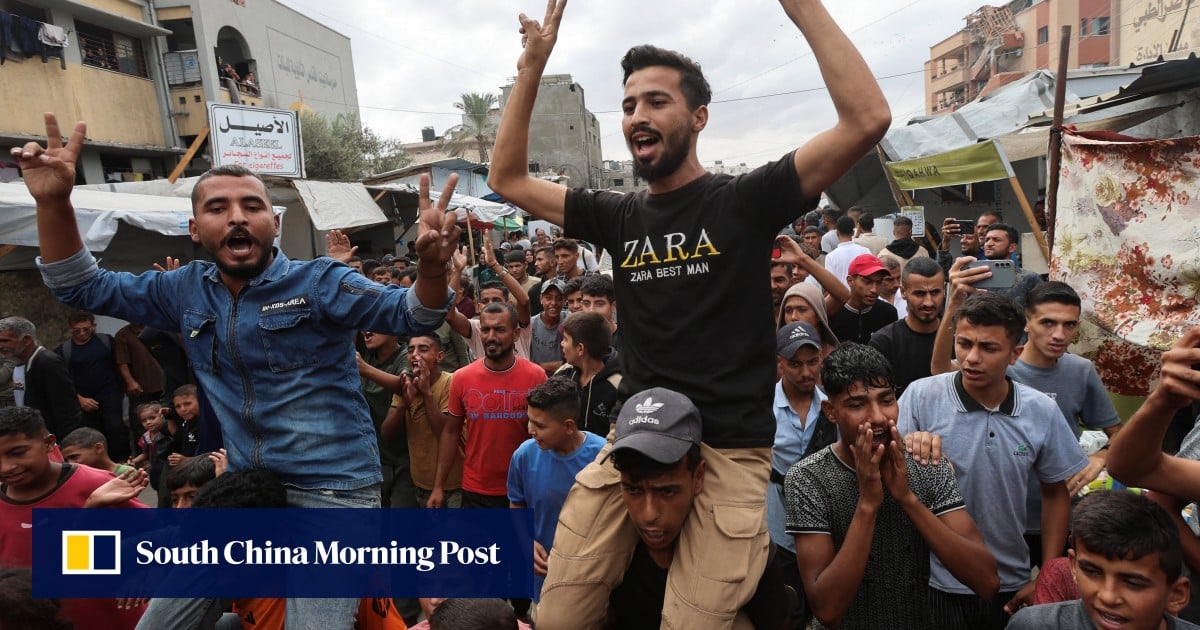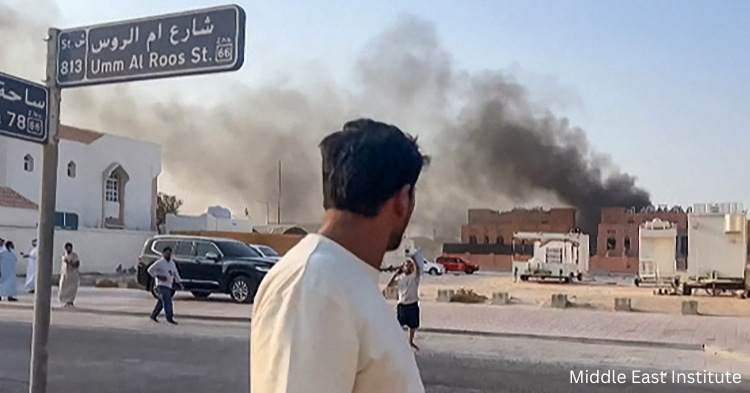Two years after the devastating Hamas-led attack on Israel in 2023, families of hostages held in Gaza are seeing a glimmer of hope. President Donald Trump’s recent interventions and proposals for peace have provided new momentum toward the potential release of Israeli hostages, offering emotional relief to families who have endured prolonged uncertainty and fear. Among them is Anat Angrest, whose son Matan, an Israeli soldier, remains in captivity. Her heartfelt gratitude toward Trump highlights the deeply personal impact of diplomatic efforts in conflict zones.
A Mother’s Relief and Gratitude
Anat Angrest publicly expressed her appreciation for the steps being taken to bring her son home. In a post on X, she wrote, “After two years of suffering, I feel closer than ever to hug my son Matan again.” This statement resonates with thousands of families affected by the ongoing conflict, who have lived under the constant anxiety of not knowing the fate of their loved ones.
The psychological toll on families has been immense. Parents, siblings, and spouses have faced prolonged periods of fear, uncertainty, and helplessness while awaiting updates about the hostages. Emotional statements like Angrest’s underscore the profound human dimension behind political negotiations and military conflict.
Trump’s Role in the Peace Effort
Former President Trump has taken an active role in encouraging both Hamas and Israel to pursue a negotiated resolution. He publicly called on Israel to cease its bombing campaign in Gaza and pressed Hamas to release all hostages according to the framework he proposed. The peace plan includes immediate hostage release, a ceasefire, governance transition in Gaza, and provisions to prevent future political violence.
Trump emphasized the urgency of the situation and the need for swift negotiations. In his public statements, he highlighted that the safe return of hostages is a top priority, framing the effort not just as a geopolitical strategy, but also as a humanitarian mission with real, tangible impacts on families like the Angrests.
Hamas’ Conditional Commitment
Hamas has indicated a willingness to release hostages but has tied this release to negotiations over certain elements of the peace plan. The group also agreed to transfer administrative control of Gaza to a technocratic body supported by Palestinian national consensus, as well as Arab and Islamic backing. However, critical aspects of the plan, such as disarmament and future political restrictions on Hamas, remain points of contention.
While Hamas has committed to participating in discussions about Gaza’s future, the exact timeline for hostage releases remains unclear. Ambiguous language in the group’s statements highlights the complexity of negotiating under tense conditions where trust and verification are paramount.
Israel’s Preparations and Responsibilities
Israel has responded by preparing to implement the initial stages of the peace plan, which include cooperation with Trump’s team and verification procedures for the hostages’ release. Prime Minister Netanyahu’s office has confirmed full collaboration, emphasizing alignment with Israel’s security interests while acknowledging the humanitarian imperative.
The plan envisions the release of living hostages and the repatriation of the remains of those who did not survive. In return, Israel would release Palestinian prisoners and detainees held during the conflict. These steps aim to balance justice, security, and humanitarian considerations, though the political and logistical challenges remain significant.
The Broader Humanitarian Context
The ongoing conflict has inflicted severe humanitarian consequences across Gaza and Israel. Tens of thousands of Palestinians have lost their lives, and infrastructure destruction has created immense challenges for civilians. Access to food, medical care, and clean water has been disrupted, compounding the suffering of both hostages and the general population.
Diplomatic efforts, including Trump’s plan, are therefore not only aimed at resolving hostage situations but also at addressing broader humanitarian needs. Ensuring safe passage, reconstruction, and community support is critical to preventing further escalation and building a sustainable peace.
Looking Forward
The statements from families like Anat Angrest’s illustrate the profound human stakes behind diplomatic negotiations. While challenges remain—Hamas’ conditional stance, Israel’s security concerns, and the complex logistics of exchanges—the recent developments signal cautious optimism.
The success of these efforts will depend on sustained international engagement, transparent communication between parties, and careful monitoring to ensure compliance with agreements. The emotional impact on families underscores the urgency of resolving the conflict and prioritizing the safe return of all hostages.
Conclusion
The hope expressed by Anat Angrest, along with other families, highlights the deeply human dimension of the Israel-Hamas conflict. President Trump’s advocacy for peace and immediate ceasefire, combined with Hamas’ conditional willingness to release hostages, marks a critical juncture in the path toward resolution. While challenges persist, these developments offer a beacon of hope for families waiting to reunite with their loved ones after years of uncertainty.
%20(4).png)




.png)

.png)

